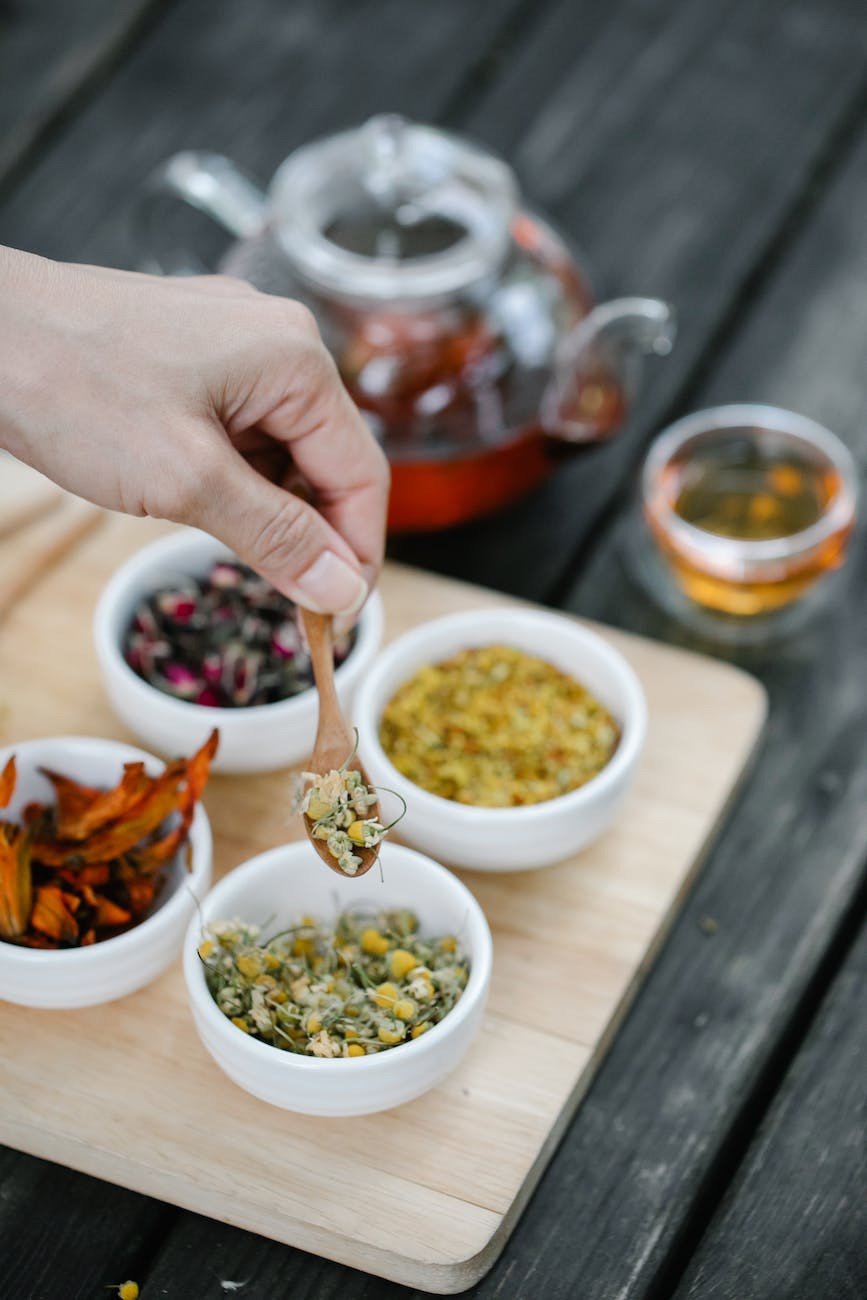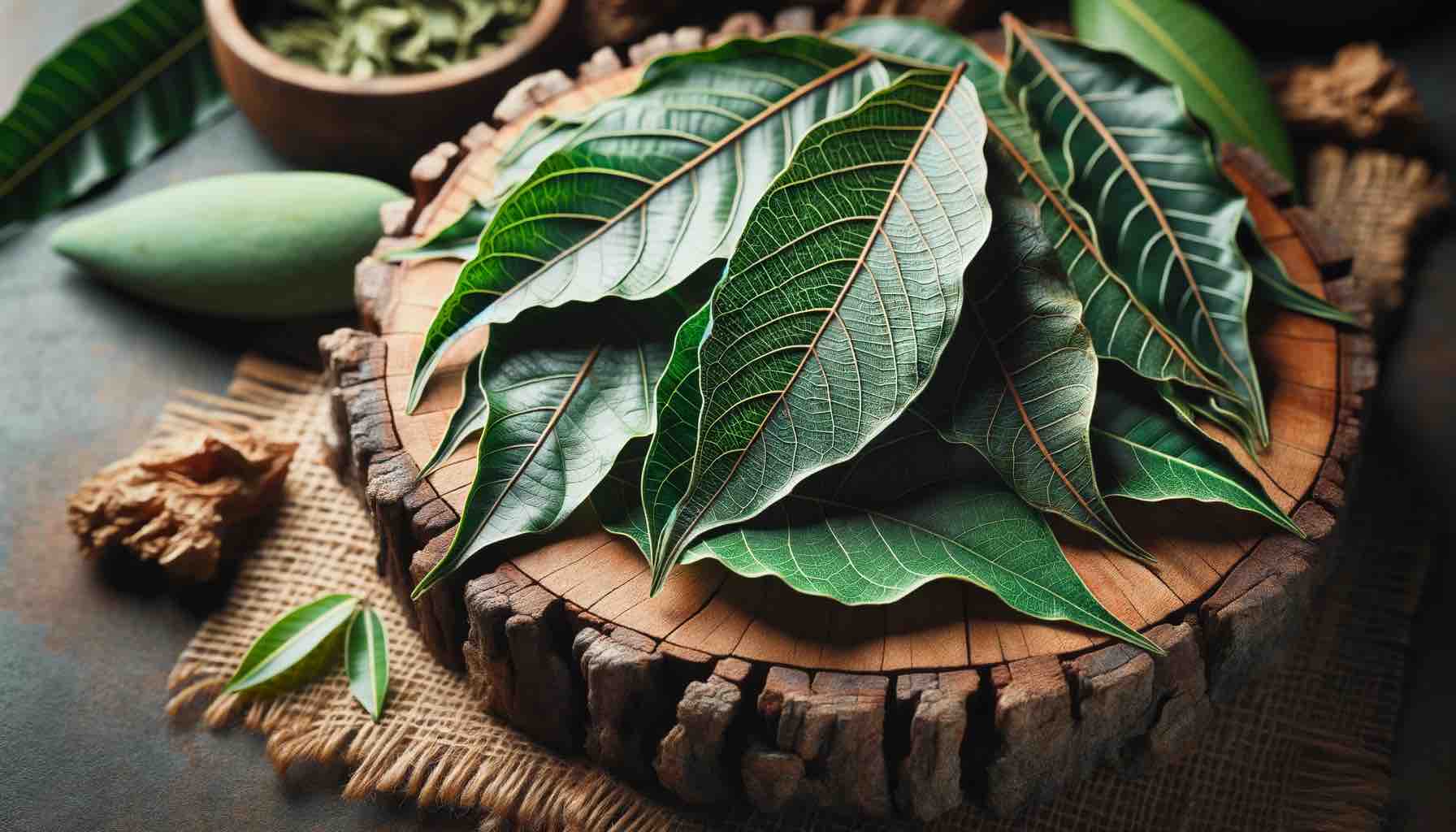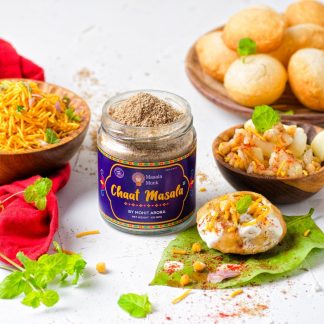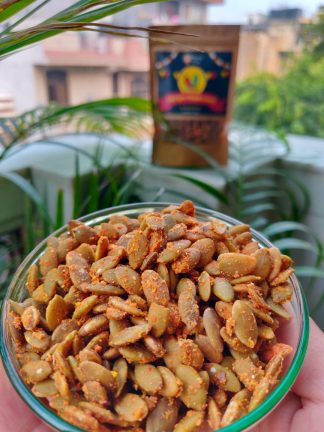
In the vast, aromatic gardens of natural remedies, a symphony of herbs and teas play the melody of healing, breathing life into our bodies with each soothing sip. Welcome to a realm where each leaf carries the essence of wellness, and every blend is a potion of nourishment for our lungs.
In a world where our lungs are constantly met with the challenges of pollution, smoke, and airborne pathogens, nurturing them becomes not just essential, but a sacred act of self-care. “Better Lungs Tea” is not merely a combination of herbs; it is a crafted experience of detoxification and rejuvenation, a gentle embrace of care that cleanses our respiratory pathways, enhancing the breath of life.
This guide is a curated journey through the heart of herbal wisdom, featuring teas and remedies that stand as guardians of respiratory health. With each section, unveil the secrets of herbs known to cleanse, detoxify, and support the lungs, guiding you towards a breath filled with vitality and clarity. So, let us embark on this healing journey together, exploring the nurturing embrace of herbal teas that lead us toward better lung health.
The Herbal Guardians of Respiratory Health
In the realm of natural remedies, certain herbs have emerged as powerful allies for our lungs, each bringing a unique bouquet of benefits to our respiratory system. Let’s unveil the herbal guardians that stand as pillars of our respiratory wellness, exploring their origins, benefits, and the wisdom they carry.
Mullein: The Gentle Guardian
Mullein acts like a soft, comforting blanket for your lungs, embodying the essence of herbal care. Rich in mucilage, this herb gently soothes the throat, reducing irritation and calming inflamed tissues. It’s particularly cherished for alleviating dry, harsh coughs, offering a tender touch to the respiratory tract. A simple, warm tea made from mullein leaves can be a powerful ally, nurturing your lungs and making each breath feel more effortless.
Green Tea: The Cellular Shield
Green tea is a wellspring of antioxidants like catechins, acting as a vigilant guardian for your lung cells. This refreshing tea doesn’t just hydrate; it also protects, offering a shield against environmental aggressors that can harm respiratory health. Regularly savoring a cup of green tea is a delightful way to bolster your body’s defenses, supporting a breath that flows with ease and vitality.
Oregano: Nature’s Antimicrobial
Oregano, robust and aromatic, carries the strength of the Mediterranean within its leaves. Rich in carvacrol and thymol, oregano emerges as a warrior against microbial invaders, purifying the respiratory landscape. Whether infused in a hearty tea or inhaled as an essential oil, oregano stands as a powerful protector, helping to maintain a respiratory environment that feels clear and clean.
Thyme: The Breath Enhancer
Thyme, with its rich, earthy aroma, is a beacon of respiratory relief. Its essence, filled with beneficial compounds like thymol, helps to clear away mucus and open up the airways. A cup of thyme tea can act as a soothing companion, easing congestion and helping the breath to flow more freely, making it a cherished ally during cold and flu season.
Ginger: The Respiratory Warmer
Ginger, warm and invigorating, is like a gentle fire that kindles the respiratory system. Its spicy essence helps to break down mucus and reduce congestion, fostering a breath that feels warm and clear. A hot, comforting cup of ginger tea can be a beacon of warmth, especially during cold, wintry days, supporting a sense of respiratory ease and comfort.
Honeysuckle: The Inflammation Soother
Honeysuckle, with its delicate blossoms, carries a sweet, soothing energy. It’s known for its ability to calm inflammation and soothe irritated tissues in the respiratory tract. A tea brewed from honeysuckle flowers is like a soft embrace for the throat and lungs, helping to reduce discomfort and promote a sense of well-being in each breath.
Hyssop: The Lung Purifier
Hyssop is a purifying herb, a cleanser of the respiratory system. With compounds like pinocamphone, hyssop helps in clearing mucus and relieving congestion. Its essence is often captured in a tea, where its benefits can be gently and effectively absorbed, aiding in the maintenance of a clear and comfortable respiratory tract.
Onion: The Age-old Expectorant
Onions, humble yet powerful, come packed with quercetin, a compound known for its expectorant qualities. Consuming onions can help in thinning mucus and reducing congestion, facilitating easier breathing. Whether included generously in your diet or consumed as a syrup, onions offer their respiratory benefits generously.
Black Tea: The Bronchial Reliever
Black tea, a common yet potent beverage, contains theophylline, a compound known to act as a bronchodilator. Consuming black tea can help in opening up the airways, making breathing easier and more comfortable. A simple cup of brewed black tea can offer these benefits, supporting easier breathing and overall respiratory comfort.
Lung Ching (Dragonwell) Tea: The Lung’s Elixir
Lung Ching, or Dragonwell tea, is a special variety of green tea that is not just delightful to the senses but also beneficial to the lungs. Rich in antioxidants and vitamin C, this tea helps in protecting the lung tissues from damage, supporting overall respiratory health. Brewing the leaves in hot water unveils a beverage that is both nurturing and protective for the respiratory system.
Section 2: Crafting Your Concoctions
Dive into the world of herbal remedies with these bespoke blends designed to cleanse, detoxify, and rejuvenate your respiratory system. Each remedy is a fusion of select herbs that synergize to deliver potent benefits, encouraging you to explore, tailor, and experience their transformative effects. Your feedback and experiences with these blends are invaluable, so feel free to share your journey and discoveries as you explore these remedies.
Remedy 1: “Lung Clearing Elixir”
- Ingredients: Mullein, Thyme, Ginger
- Benefits: Crafted to cleanse and clear the lungs, this elixir soothes the respiratory tract, dispels mucus, and promotes a sense of warmth and ease in breathing. Mullein acts as a gentle soother, thyme as a powerful expectorant, and ginger brings its warming and invigorating properties.
- How to Brew: Mix equal parts of each herb. Use one teaspoon of the herbal mixture per cup of boiling water. Steep for 10 minutes, allowing the herbs to fully infuse their essence. Adjust the proportions based on your taste preferences and experience the detoxifying benefits.
Remedy 2: “Smoker’s Sanctuary”
- Ingredients: Green Tea, Oregano, Hyssop
- Benefits: Tailored for smokers, this blend aims to detoxify and protect the lungs from the oxidative stress of smoking. It’s rich in antioxidants, with herbs that support the body’s natural cleansing processes, helping to purify the lungs and enhance overall respiratory health.
- How to Brew: Begin with a base of green tea, adding oregano and hyssop to taste. Allow it to steep for 5-7 minutes, unleashing the full spectrum of benefits. Experiment with the ratios to suit your taste and needs.
Remedy 3: “Respiratory Rejuvenator”
- Ingredients: Onion, Black Tea, Honeysuckle
- Benefits: This blend is designed to rejuvenate and refresh the respiratory system. Onion acts as a natural expectorant, black tea opens up the airways, and honeysuckle soothes, creating a harmonious blend that promotes easier breathing and a sense of lightness.
- How to Brew: Customize the quantities of each ingredient to your liking, allowing the blend to steep for several minutes to unlock each herb’s potent benefits and aromatic flavors.
Remedy 4: “Breath of Vitality”
- Ingredients: Lung Ching Tea, Ginger, Mullein
- Benefits: A vitality-boosting blend that nurtures the lungs with antioxidants and soothing compounds, promoting a sense of well-being and ease in the respiratory system. It’s crafted to detoxify, soothe, and enhance the natural rhythms of breathing.
- How to Brew: Combine the herbs in a way that resonates with your preferences. Allow the blend to infuse in hot water for several minutes, embracing the harmonizing and revitalizing essence of each sip.
Remedy 5: “Herbal Harmony”
- Ingredients: Hyssop, Oregano, Green Tea
- Benefits: This remedy is a symphony of herbs that work in harmony to cleanse, purify, and support the lungs. It’s a holistic blend, encouraging the release of toxins and promoting a sense of balance and harmony in the respiratory system.
- How to Brew: Explore different ratios of the herbs to find the blend that sings to you. Allow the herbs to steep, infusing the water with their cleansing and harmonizing properties, and enjoy the sense of clarity and freshness with each breath.
Each remedy is detailed with ingredients, benefits, and brewing instructions, encouraging exploration, customization, and sharing of experiences and feedback. Feel free to dive into the world of these herbal concoctions, experiencing their benefits, and finding the blends that resonate with your journey towards enhanced respiratory well-being.
Section 3: Brewing Guidelines
Unlock the full potential of each remedy with these brewing guidelines. Proper brewing allows the herbs to release their full spectrum of benefits, ensuring that each sip is infused with wellness. Here’s how to make the most of each blend:
Temperature Matters
Different herbs release their best flavors and benefits at various temperatures. Generally, boiling water (212°F or 100°C) is suitable for most herbs, but delicate leaves like green tea may require slightly cooler water (150°F to 180°F or 65°C to 82°C) to prevent bitterness.
Steeping Time
Allow the herbs enough time to infuse their essence into the water fully. A general guideline is to steep for 5 to 10 minutes. However, feel free to adjust the steeping time based on your taste preferences and the intensity you desire.
Quantity
Use about one teaspoon of the herbal blend per cup of water. You can adjust the amount based on your preference for a stronger or milder brew.
Freshness
Ensure that your herbs are as fresh as possible to maintain their potency and flavor. Store them in a cool, dark place to preserve their therapeutic properties.
Experiment and Customize
Feel free to experiment with the brewing process. Adjust the temperature, steeping time, and herb quantities to suit your tastes and needs. You can also consider adding natural sweeteners like honey or lemon to enhance the flavor.
Mindful Consumption
As you sip your tea, take a moment to breathe deeply and enjoy the aroma and flavor. Mindful consumption can enhance the benefits and make your tea-drinking experience more enjoyable.
These guidelines aim to optimize your brewing process, allowing each remedy to unveil its unique array of benefits and flavors. Experiment, adjust, and find the brewing practices that resonate with your preferences and wellness journey.
Section 4: Conclusion and Invitation
We’ve embarked on a delightful exploration of herbal remedies, each blend a unique tapestry woven with threads of ancient wisdom and natural healing. These concoctions are more than just beverages; they are a communion of ingredients that cleanse, detoxify, and breathe vitality into the lungs, offering a sanctuary of wellness in each cup.
But the journey doesn’t end here. These remedies are a starting point, an invitation to dive deeper into the world of herbal wellness. Your experiences, experiments, and insights are the heartbeats of this journey. We encourage you to explore these blends, to tailor them to your rhythms, and to share your discoveries.
How did the “Lung Clearing Elixir” resonate with your senses? Did the “Smoker’s Sanctuary” bring a breath of fresh air to your lungs? Your stories, your experiences, and your journey are the threads that enrich this tapestry of herbal wellness.
Share your comments, your modifications, and your favorite blends. Let’s cultivate a community where we can learn from each other, support each other, and thrive together in the embrace of natural wellness. Your journey is a light that can guide others, and together, we can explore the boundless landscapes of herbal healing.
FAQs
- What are the benefits of the “Lung Clearing Elixir”?
The “Lung Clearing Elixir” is a harmonious blend designed to soothe and clear the respiratory tract. It combines mullein, thyme, and ginger, each bringing its unique properties to the blend. Mullein soothes, thyme helps clear mucus, and ginger warms the respiratory system, making this elixir a powerful ally for lung health. - How often should I consume these herbal remedies?
Consuming these herbal remedies can be tailored to your individual needs and responses. You might start with one cup a day and adjust based on how your body reacts. Listen to your body, and consider consulting a healthcare professional for personalized advice. - Can these herbal teas be consumed alongside other medications?
While these herbal teas are natural, they can interact with certain medications. It’s always best to consult with a healthcare professional to ensure that the herbal remedies complement your health regimen without any adverse interactions. - Which remedy is most suitable for smokers?
The “Smoker’s Sanctuary” is specially crafted for smokers, rich in antioxidants and herbs that support the lungs against the oxidative stress of smoking. It aims to cleanse and rejuvenate the respiratory system, promoting a sense of clarity and freshness in each breath. - Can these remedies help with respiratory infections?
These remedies contain herbs known to support respiratory health, but they are not a substitute for professional medical treatment. If you have a respiratory infection or persistent symptoms, it is essential to seek advice from a healthcare professional.
Tags
lung health, herbal tea, respiratory wellness, detox, cleanse, natural remedies, breathing, lung cleanse, herbal remedies, lung support, respiratory health, herbal brewing, wellness journey, lung care, breath ease, holistic health, herbal healing, lung rejuvenation, breath wellness, herbal concoctions














